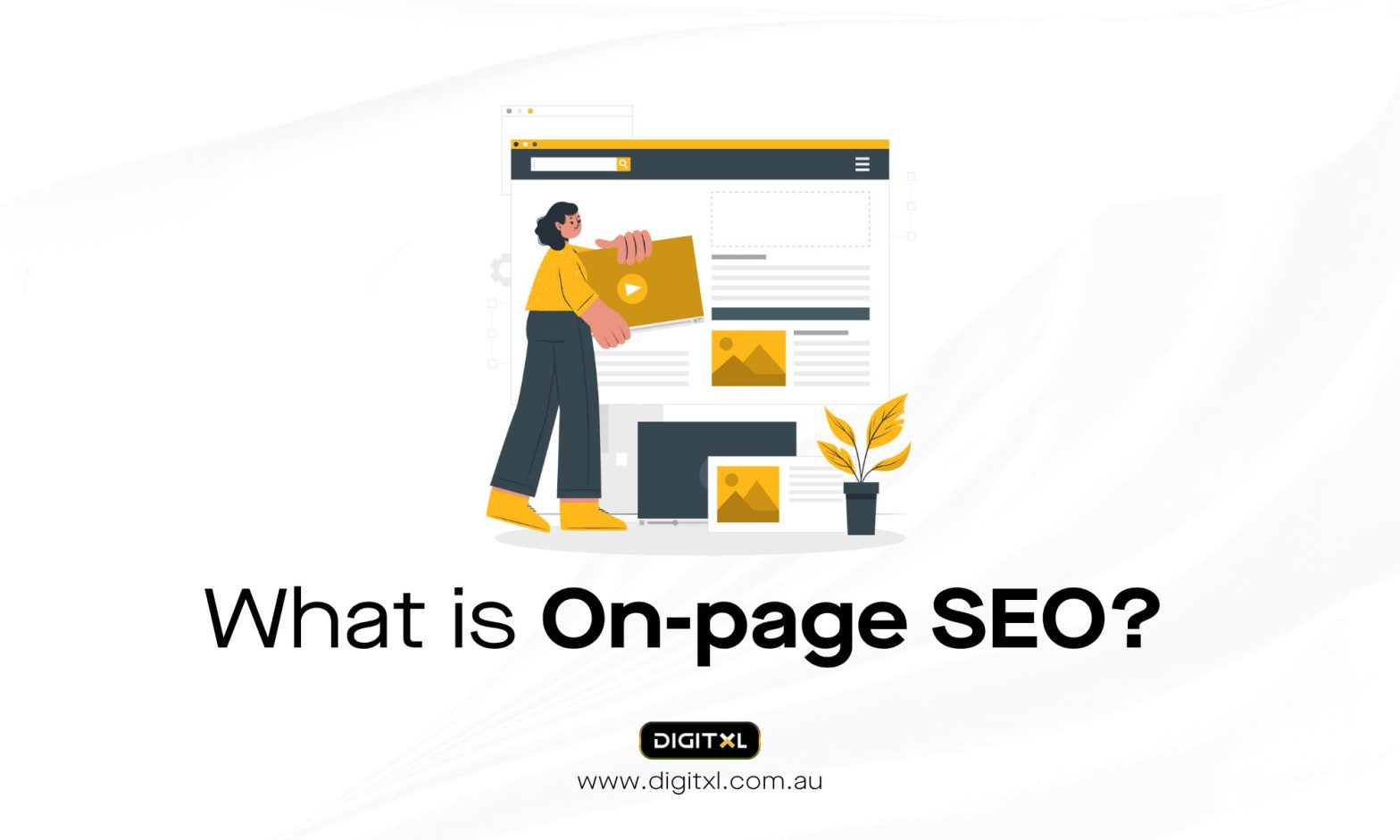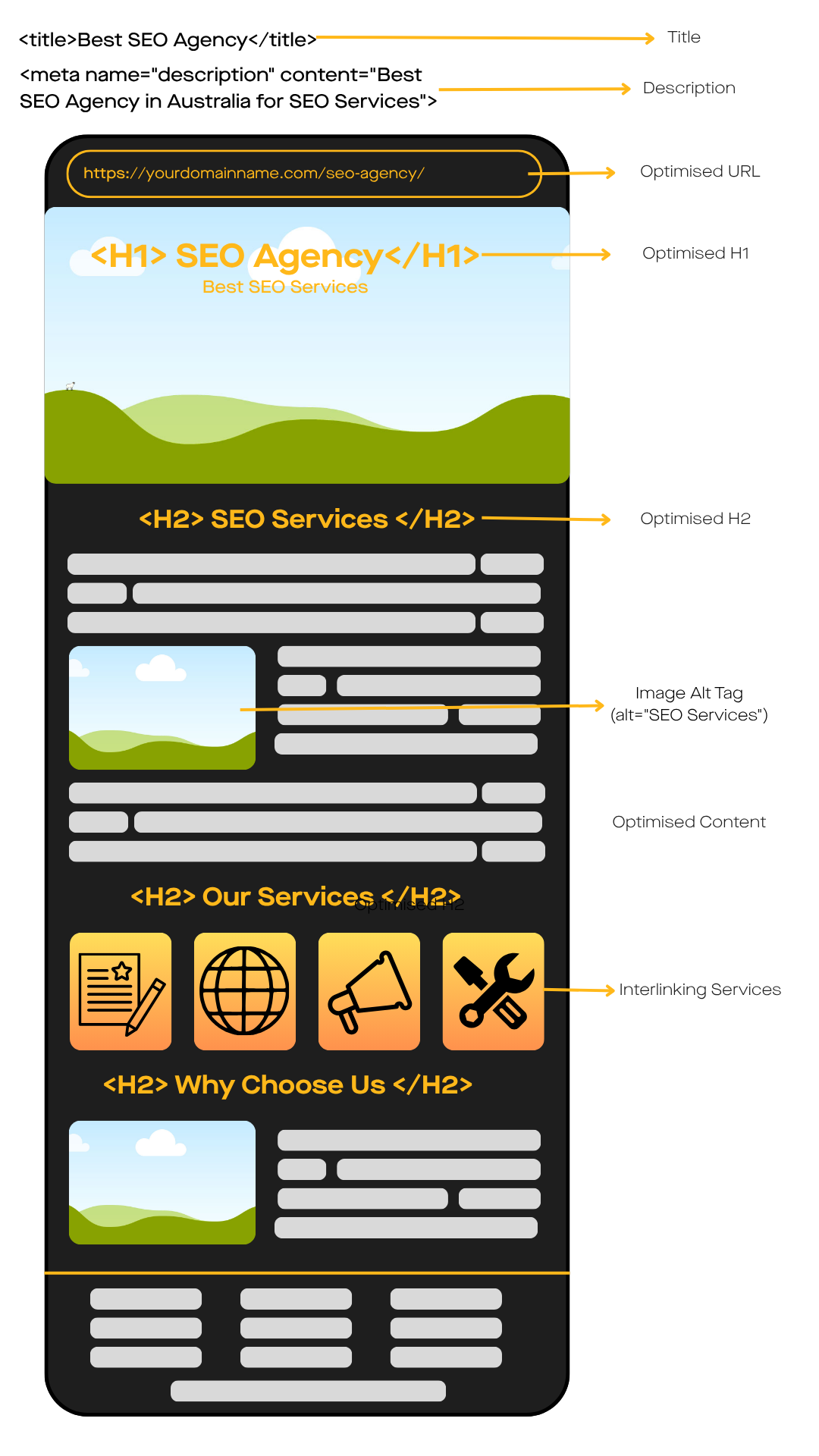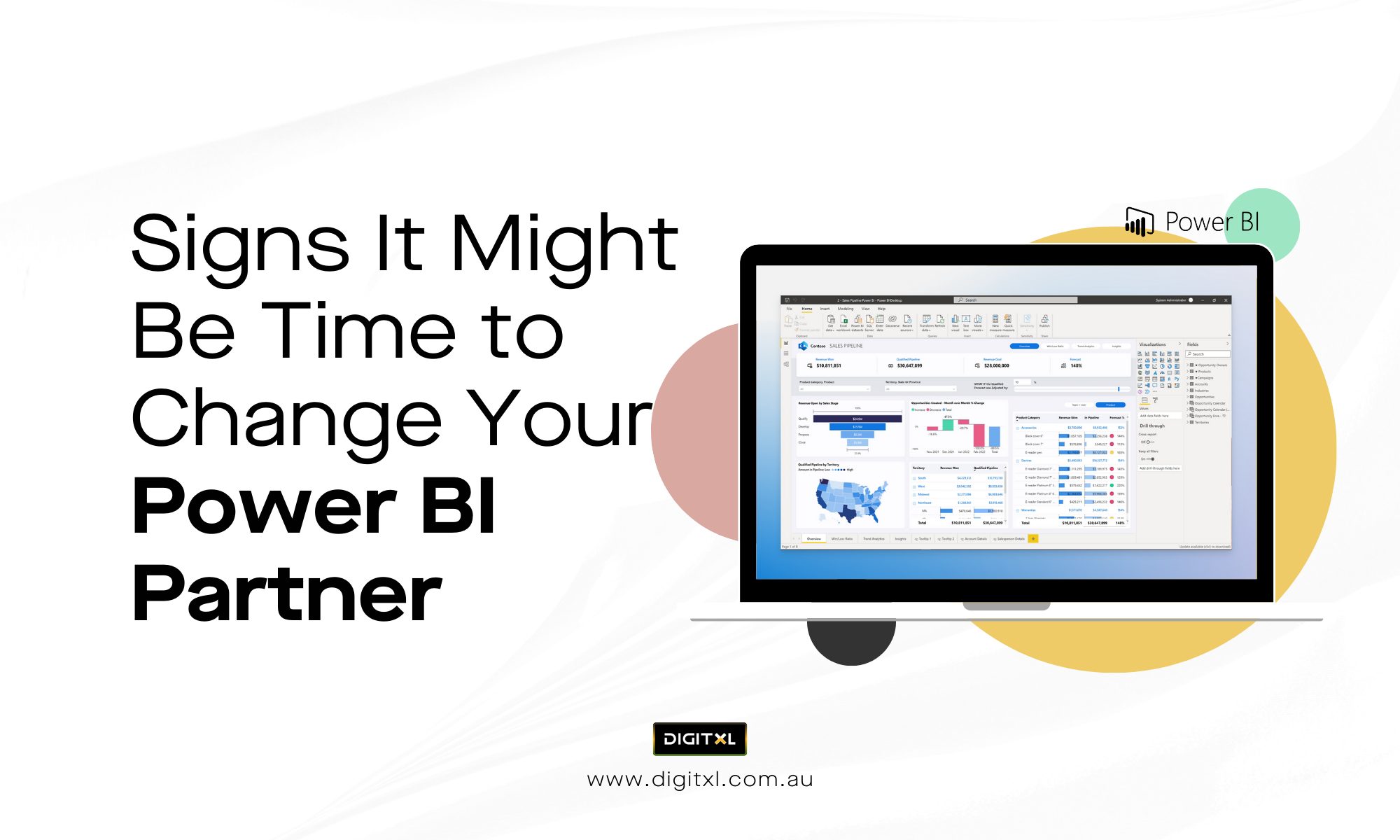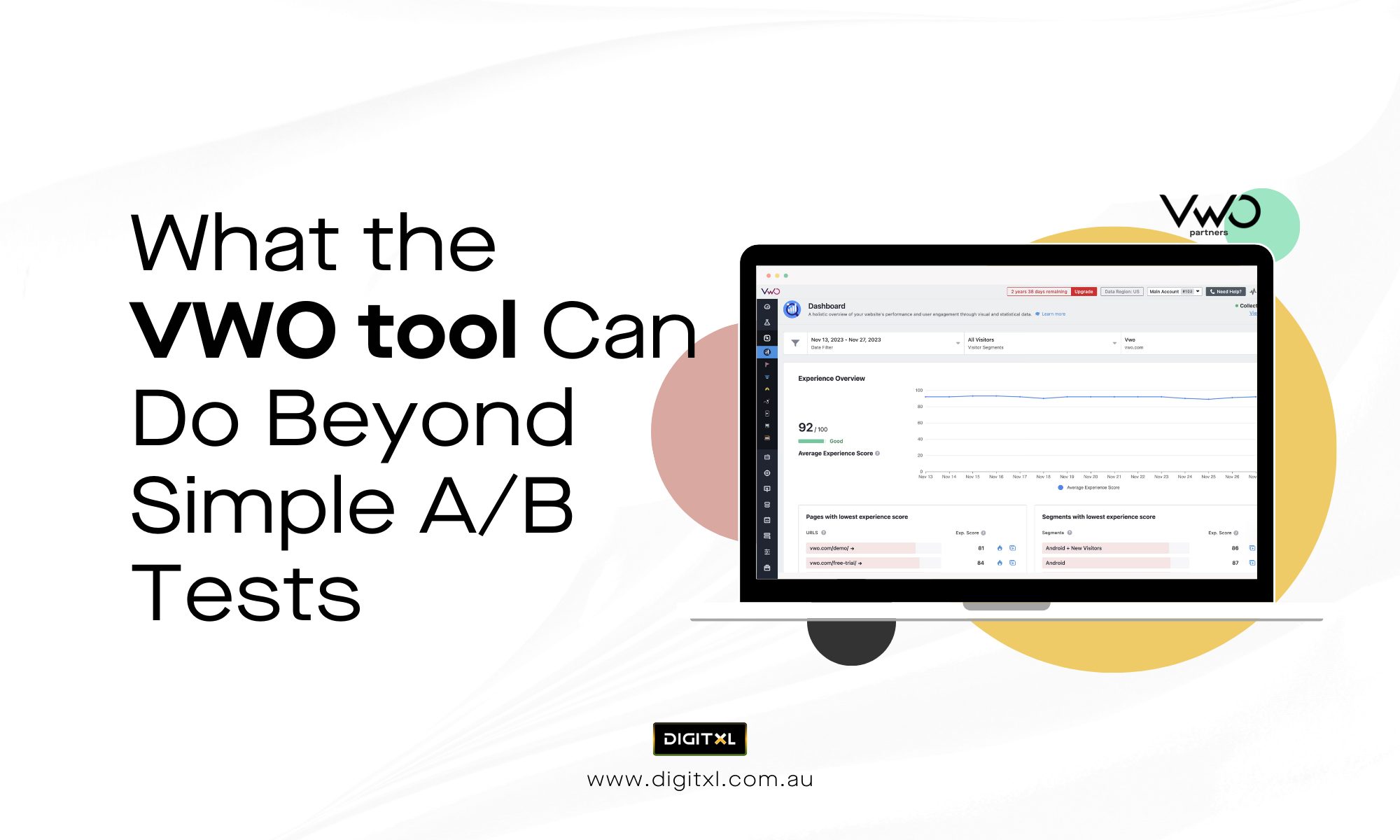- SEO
What is On-Page SEO? Your 2025 Guide to Getting Found on Google
14 Aug 2025
SEO can feel overwhelming, but if there’s one place to start, it’s your own website. That’s where on-page SEO comes in.
So, what is on-page SEO, and why is it still a big deal in 2025?
This guide breaks it down clearly, shares practical steps, and helps you avoid common mistakes — whether you’re a beginner, an in-house marketer, working with an SEO agency, or trying to improve traffic without depending entirely on backlinks or paid ads.
1. What is On-Page SEO?
On-page SEO (also called on-site SEO) refers to all the things you can control on your own web pages to improve how well they rank in search results.
Let’s keep it simple:
On-page SEO = the content + the HTML + the structure of your page.
The official On Page SEO Optimisation Definition?
It’s the process of improving your webpage’s content, tags, structure, and user experience to help search engines understand it and users engage with it.
This includes your:
- Page titles and meta descriptions
- Header structure (H1, H2, etc.)
- Keyword usage
- URL slugs
- Internal linking
- Image alt text
- Content quality and readability
Page speed and mobile-friendliness

2. On-Page SEO in 2025: What’s New?
Search engines are getting upgraded each day, so should your SEO Strategy.
Here’s what’s influencing on-page SEO in 2025:
1. User Intent Comes First
Ranking is no longer just about keywords, it is about matching what people actually want to know. If your content doesn’t answer that, Google will skip it.
2. Structured Data Is No Longer Optional
Rich snippets, product reviews, FAQs structured data helps Google pull key info faster. Use schema.org markup.
3. Mobile UX and Core Web Vitals Still Matter
Google doesn’t tolerate slow, clunky websites. Speed and responsiveness are non-negotiables.
4. Human vs AI Content
Google favours high-quality, human-written content. If it sounds like it was generated by a robot, expect lower rankings.
3. A Smarter On-Page SEO Checklist (Updated for 2025)
Break your checklist into three focus areas:
Content
- Does the page target one main topic or keyword?
- Is the content well-structured (using H2s and short paragraphs)?
- Is it updated for accuracy and relevance?
- Are you answering the user’s actual question?
HTML Elements
- Does the title tag include the primary keyword?
- Is the meta description clear and under 160 characters?
- Are headers used properly (one H1, followed by H2s)?
- Do all images have meaningful alt text?
Structure & Experience
- Is the URL short, clean, and readable?
- Is the page mobile-optimised and fast to load?
- Are there internal links to related content?
- Is schema markup added where relevant?
Pro tip from a Google Analytics agency: Use behaviour data (like bounce rate and scroll depth) to see which content needs a refresh.
4. On-Page SEO vs Off-Page vs Technical SEO: What's the Difference?
Here’s a quick comparison to clear up the confusion and Difference Between on-page SEO vs off-page SEO vs technical SEO:
 All three matter but on-page SEO is the foundation.
All three matter but on-page SEO is the foundation.
5. Should You Hire an SEO Agency?
You don’t need to hire an SEO agency but if your website has hundreds of pages or you’re trying to rank in a competitive space, it’s worth it.
A good SEO partner will:
- Conduct an in-depth audit
- Build a prioritised action plan
- Set up performance tracking (hello, Google Analytics agency)
- Align SEO with your broader marketing goals
6. Final Thoughts
On-page SEO isn’t just a checklist, it’s the art of making your site useful to both users and search engines.
If you’re trying to drive more organic traffic in 2025, this is the place to start.
7. FAQ
1. What is on-page SEO in 2025?
A. It’s the process of optimising your webpage’s content and structure to improve its chances of ranking on search engines like Google.
2. What are the most important on-page SEO elements?
A. Title tags, meta descriptions, internal links, structured data, page speed, and content relevance are key.
3. Is on-page SEO better than off-page SEO?
A. They work together. On-page SEO builds the base, while off-page SEO (like backlinks) builds authority.
4. How often should I update my on-page SEO?
A. Review high-traffic pages quarterly and keep content fresh, especially if topics change frequently.
5. Can a Google Analytics agency help with on-page SEO?
A. Yes they can identify underperforming pages and help you improve based on real user data.





